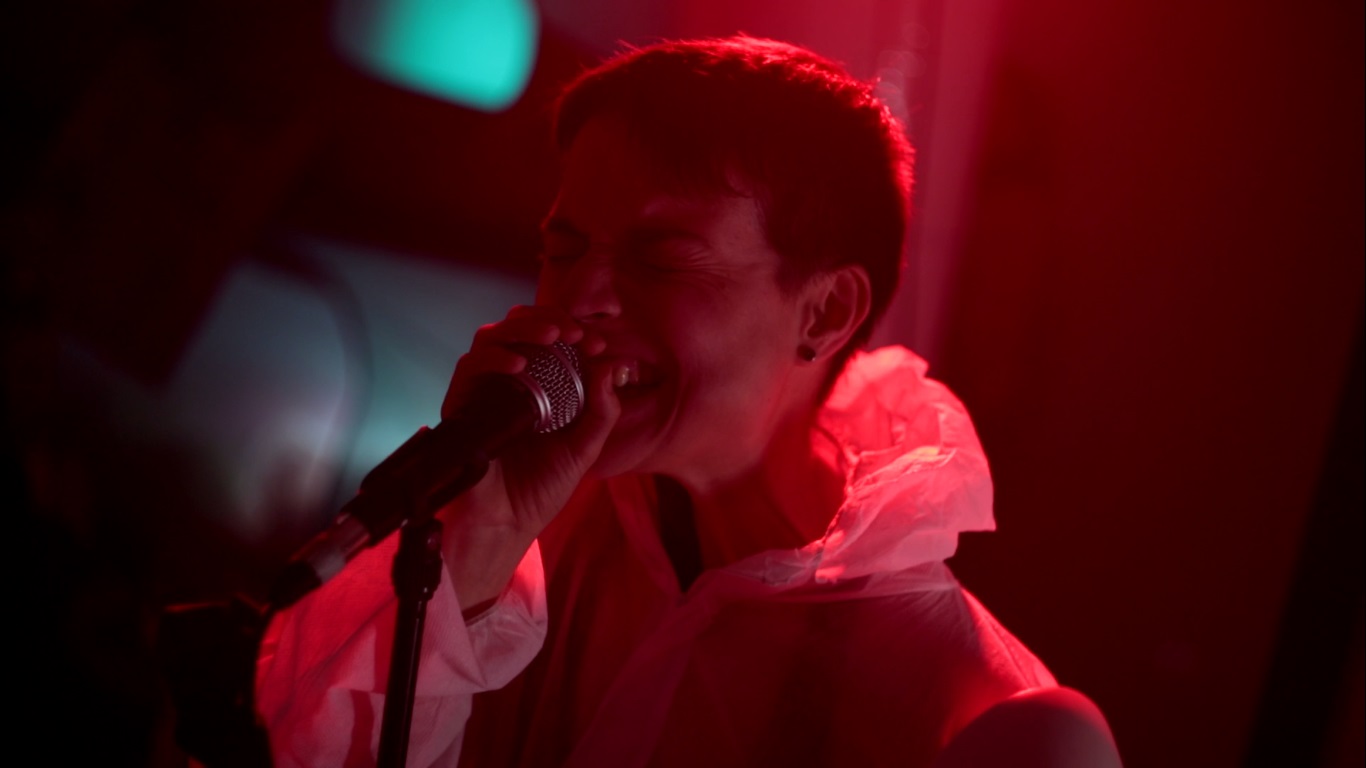Moshabak-Nights return this Friday (19.01.) to the Lettrétage and will so again in February (16.02.). We were lucky enough to get a short interview with Mudar Alhaggi, the founder of NAWRAS, about all things Moshabak and the meaning of NAWRAS.
The internet-research for the meaning of Moshabak and NAWRAS brings up only a few results. How should these names be understood? Is there a history and meaning to this that eludes non-syrians?
The idea of the name “Nawras” came through the Arabic meaning of the word “seagull”, which is a seabird that can be seen upon the shores of the whole world. It became a metaphor for the group as many Syrians have had to cross over the seas to arrive to the shores of the new land. Seagulls are one of the first and most familiar things one sees when arriving on new terrain that gives the sense of being home. Moshabak is a traditional sweet in Syrian culture while at the same time it derives from the word “network” meaning to connect, which is what these nights are all about.
The syrian community in Germany has grown substantially in the last years, among others due to some very problematic reasons. How does NAWRAS understand itself in this community, and what are your goals moving forward?
The presence of Syrian artists in Germany has grown to such an extent that it can no longer be seen as mere happenstance. Many combined factors have led Syrian expats to Germany. Some have come through forced exile & others through being drawn to the independent culture hub that has been growing here. It is no longer possible to ignore their presence and their part in this hub & the mutual need to begin a dialogue. The idea of establishing Nawras came through recognizing this moment in time as an opportunity to meet the needs of artists. The founding group members are Syrian artists who live in Berlin and it is through their own experience that they understand those needs. The main priority is to support Syrian artists in their new lived experience in Germany.
In your announcement text you spoke of new forms of art and culture, that you want to promote. What kinds of projects you have in mind? What new forms of art and living together does NAWRAS and the series Moshabak-Nights co-create?
We aim to build connections and collaborations between Syrian and international artists. We seek to break the stereotype of what is “Syrian” and an “artist” and to open up opportunities for artists to present themselves. We are setting up programs in order to do this, such as moshabak nights, dafira, map, toolbox and bulbul. Moshabak Nights is a monthly cultural event that gathers Syrian, Arabic, German and international artists to present their works. Each evening different Syrian artists are introduced to create a meeting point with other international artists, culture producers and activists, as well as the hosting community. There will be an open call for people to apply. Dafira facilitates mini-meetings that connect Syrian artists to funding bodies and supporters active in Germany. The goal of the map program is to establish an information bank for all Syrian artists in Germany. This information includes the location of artists, their fields of expertise, their qualifications, as well as ongoing research that caters to the artists’ needs and aspirations. The map will also include an archive of cultural and artistic productions contributed by Syrian artists living in Germany. The tool box program’s purpose is to provide the means for Syrian artists in Germany to develop and sustain their skills in their artistic practices. This encompasses workshops in capacity building and other topics that seek to answer the pressing questions and matters for Syrian artists in their current situation in order to meet their needs and follow up on their projects. Bulbul’s aim is to bring together Arabic and German translators. It seeks to support Syrian writers and artists to present their work to a German audience and vice versa. To achieve this, Nawras will organize translation workshops in which texts will be translated and presented in both languages to the public, including Arabic and German publishers.

